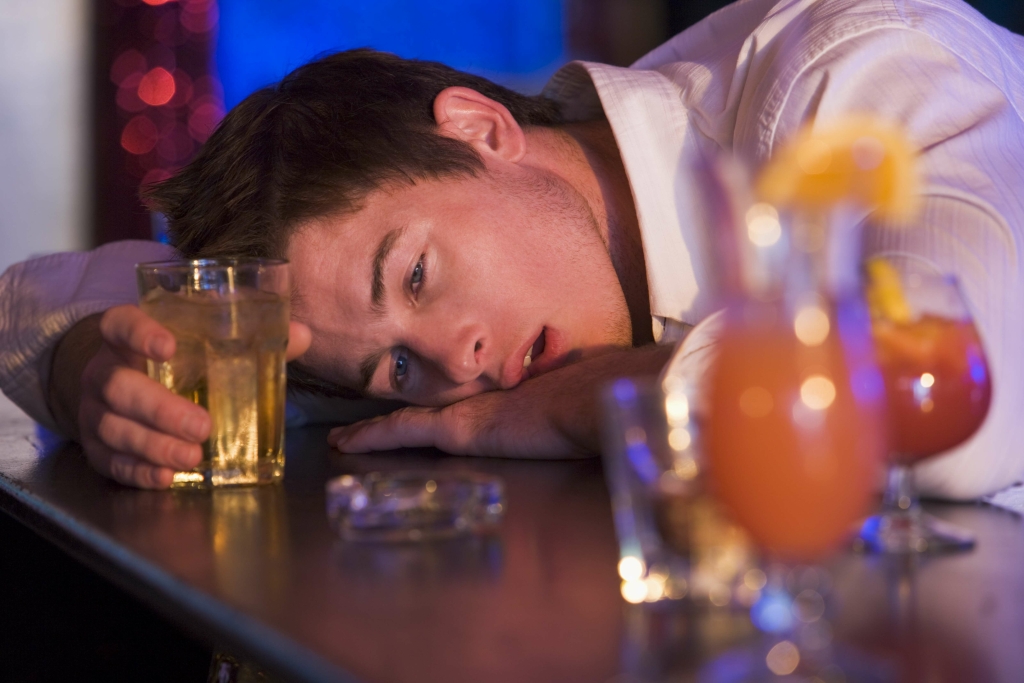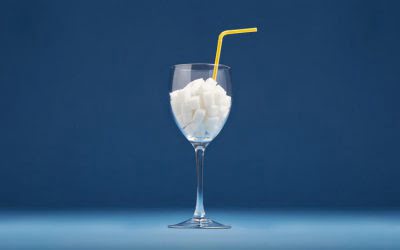It may sound like a good idea to spend more time in deep sleep. REM sleep, which gets shortchanged in the first half of the night under the influence of alcohol, is important for mental restoration, including memory and emotional processing. Alcohol disrupts the natural sleep cycle by suppressing REM (rapid eye movement) sleep, can’t sleep without alcohol which is essential for restorative rest. This can lead to fragmented sleep, frequent awakenings, and a decrease in overall sleep quality. Additionally, alcohol can worsen snoring and sleep apnea, further disrupting sleep patterns. The relationship between sleep apnea and alcohol has been researched fairly extensively.
- Alcohol can have a sedative effect, making it easier to fall asleep initially.
- You’ll be able to reprogramme yourself back to a time or place where sleep was never an issue.
- As with any sleep aid, natural or otherwise, it’s crucial to use them responsibly and as part of a broader approach to improving sleep hygiene.
- While he has always been a sound sleeper, he doesn’t wake up as much throughout the night when he isn’t drinking.
- In the long term, it can lead to the risk of strokes and heart attacks.
- Chemicals such as gamma-aminobutyric acid (GABA) and adenosine.
Terms of Service apply.
With dedication and effort, you can break free from the cycle of alcohol dependency and enjoy restful nights of deep, rejuvenating sleep. However, in the second half of a night’s sleep, alcohol diminishes the amount of REM sleep. Alcohol’s negative effects on sleep quality worsen after several nights of drinking.

Night awakenings and insomnia
While these can be helpful, especially in the months after quitting drinking, the importance of biochemical repair for alcohol withdrawal cannot be overstated. But part of a smart, sleep-friendly lifestyle is managing alcohol consumption so it doesn’t disrupt your sleep and circadian rhythms. Alcohol can have a detrimental impact on sleep, but these problems can also persist once you decide to stop drinking. Finding ways to cope with insomnia and other sleep issues is important since poor sleep can be a risk factor for alcohol relapse.
Alcohol and Sleep Apnea
Drinking alcohol before bed can increase the suppression of REM sleep during the first two cycles. Since alcohol is a sedative, sleep onset is often shorter for drinkers and some fall into deep sleep rather quickly. As the night progresses, this can create an imbalance between slow-wave sleep and REM sleep, resulting in less of the latter and more of the former.
I’ll then review some lifestyle strategies that I still use to this day to ensure a great night’s sleep. Everyone experiences the effects of alcohol a bit differently. After an occasion of drinking, nearly half of survey respondents say they’ve experienced headaches, dehydration, and feeling tired the next day.

Greener Streets and Water Views May Improve Sleep
Now, link this fact to another – stress and anxiety are known adversaries of a good night’s sleep. The rebound effect is a principal actor in the drama of alcohol withdrawal and the resultant insomnia. As we bid goodbye to alcohol, our bodies fight to restore equilibrium. This biological phenomena catalyzes an overproduction of certain chemicals in the brain that were previously suppressed by alcohol. Think of your body as a downtown city – buzzing with events and activity. Alcohol had been hosting one of the most attended shows for years and, suddenly, it’s gone.
- Fortunately, there are treatments and coping techniques that can help you get better rest, which can help you feel better during alcohol recovery.
- Using alcohol to sleep might seem like a good idea at first, but after a while you notice the long-term problems.
- Establishing good sleeping habits, also known as sleep hygiene, is an essential first step in good sleep.
Low and moderate doses of alcohol tend not to affect REM in the first half of sleep, while high doses of alcohol significantly reduce REM sleep reduction in the first part of sleep. An older study concluded that alcohol might reduce sleep in the first half of sleep and increase disruption in the second half. The substance causes sleepiness by increasing the functioning of the gamma-aminobutyric acid (GABA) neurotransmitter.
Types of Insomnia
That is why alcohol detox and alcohol withdrawal treatment is administered by medical professionals. Alcohol withdrawal insomnia is so common that it is one of the diagnostic criteria for alcohol withdrawal. Insomnia from alcohol withdrawal is likely to persist through the initial period of abstinence.…